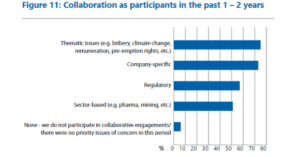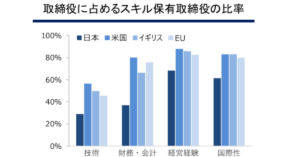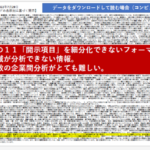 By Helle Bank Jorgensen, CEO of Competent Boards
By Helle Bank Jorgensen, CEO of Competent Boards
As we enter summer, an extraordinary shift is taking place in the realm of corporate sustainability. A momentous occasion occurred on Monday, June 26th, marking a significant milestone in our journey towards a more sustainable and resilient economy. The International Sustainability Standards Board (ISSB), an independent entity operating under the esteemed IFRS Foundation, has introduced its groundbreaking inaugural standards: the IFRS S1: General Requirements for Disclosure of Sustainability-related Financial Information, and IFRS S2: Climate-related Disclosures. These transformative standards, set to come into effect on January 1, 2024, are poised to revolutionize the complex landscape of sustainability reporting, rendering it more accessible for businesses and analysts alike.
This unveiling of the IFRS Sustainability Standards is akin to the birth of a new language—one that distills intricate concepts into actionable insights. Are we standing on the precipice of a game-changer? All signs point to a resounding yes.
Imagine a shared vocabulary that empowers stakeholders to discern, compare, and evaluate companies uniformly, presenting a transparent and cohesive view of the corporate sustainability panorama. This is precisely the promise encapsulated by these pioneering standards.










